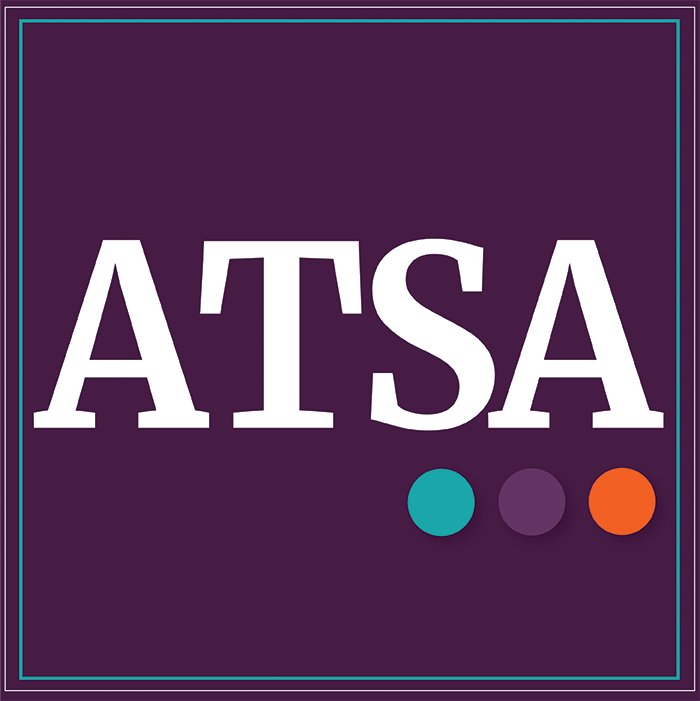April 9, 2025
Dear ATSA Members, Partners, and Press Colleagues,
The Association for the Treatment and Prevention of Sexual Abuse (ATSA) is deeply concerned by the recent staff reductions at the CDC's Department of Violence Prevention (DVP). The DVP serves as an essential federal entity that provides leadership, coordination, and financial support for initiatives to prevent sexual violence and other interpersonal harm. Annually, the DVP allocates tens of millions in grants to support sexual violence prevention programs grounded in evidence-based frameworks. These grants not only work to prevent sexual violence but also raise awareness about prevention efforts and represent a cost-effective use of taxpayer resources, as prevention ultimately saves institutional funds.
ATSA’s mission is centered on creating a world where ending sexual harm is a shared responsibility and an achievable goal. To realize this goal, research must guide our actions. The DVP staff cuts represent more than a bureaucratic change—it is a step away from evidence-based policymaking that promotes early intervention and stands in opposition to a uniquely reactionary and punitive response to violence.
Although ATSA is not federally funded, many of our members—researchers, treatment providers, and public health professionals—rely on federal data and research funding support to drive innovation and ensure best practices in the prevention and treatment of sexual violence. The loss of infrastructure supporting this work places both communities and future progress at risk. Science and data must remain at the center of public safety and violence prevention efforts. Investment in prevention is not only fiscally responsible—it is morally necessary.
ATSA urges congressional leaders to uphold their constitutional duty to allocate federal resources that have been appropriated for rebuilding and safeguarding the scientific foundation necessary to combat sexual violence and assist professionals working in this field.
A recent survey of ATSA members revealed that 28.9% have either already lost or are concerned about losing research funding due to shifting federal policy priorities. This is not a hypothetical threat—it is already affecting the people and programs doing critical, life-changing work.
ATSA members in the U.S. are encouraged to contact their elected officials to emphasize the importance of research-informed policymaking in the effort to eliminate sexual violence.
As a community of ATSA members, we have always grounded our work in science and evidence. Now, more than ever, we stand together to uphold those values—leading with knowledge, compassion, and an unwavering commitment to ending sexual harm.
With resolve,
Amber Schroeder
Executive Director
